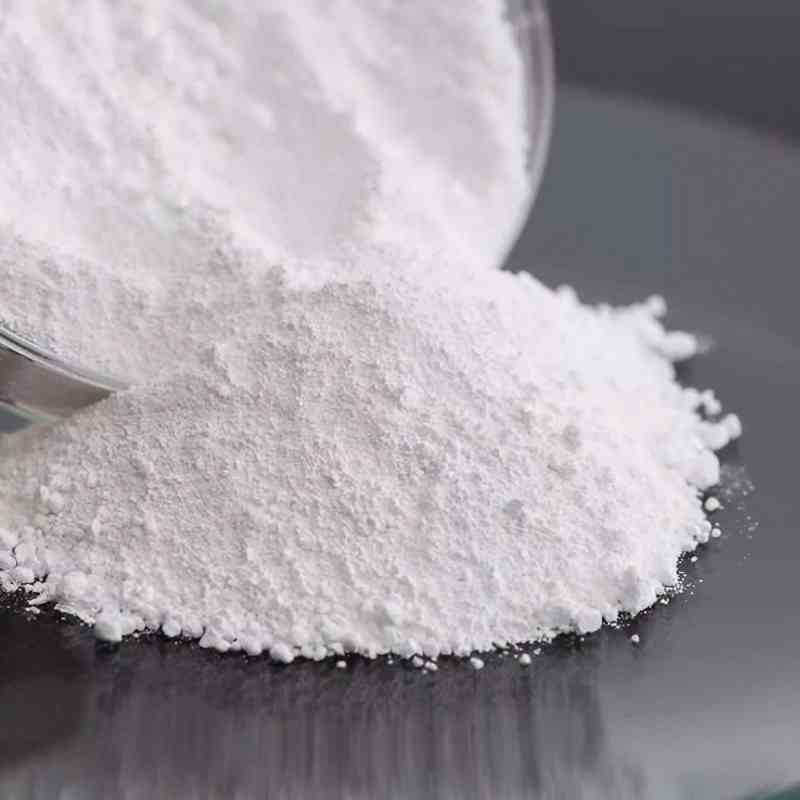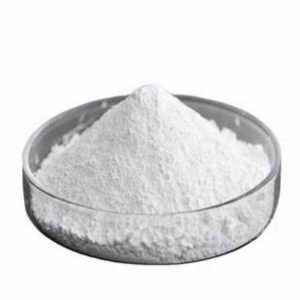
A Complete Guide to Calcium Hydroxide: From Usage to Storage, All in One Article

Calcium hydroxide (Ca(OH)₂), commonly known as slaked lime or hydrated lime, is a common inorganic compound widely used in construction, environmental protection, agriculture, food processing, and the chemical industry. Due to its active and corrosive properties, proper use and storage of calcium hydroxide is crucial. This article will provide a detailed introduction to the basic properties and storage methods of calcium hydroxide to help readers better understand and apply this important chemical.
I. Basic Properties of Calcium Hydroxide
Calcium hydroxide is a white powder or granular solid with the chemical formula Ca(OH)₂. Its solubility in water is low, and its solubility decreases with increasing temperature. Calcium hydroxide is a strong alkaline substance that reacts with acids to form salts and water. Furthermore, calcium hydroxide is hygroscopic and readily absorbs moisture and carbon dioxide from the air, forming calcium carbonate (CaCO₃) and water.
Calcium hydroxide has active chemical properties, primarily manifested in the following aspects:
- Alkalinity: Calcium hydroxide is a strong base and reacts with acids to form salt and water. For example, calcium hydroxide reacts with hydrochloric acid to form calcium chloride and water.
- Hygroscopicity: Calcium hydroxide readily absorbs moisture from the air, causing it to clump.
- Reaction with Carbon Dioxide: Calcium hydroxide reacts with carbon dioxide in the air to form calcium carbonate and water. This property makes it a primary component of lime mortar in construction.
II. Storage Methods for Calcium Hydroxide
- Storage Containers
Calcium hydroxide should be stored in sealed containers to prevent it from absorbing moisture and reacting with carbon dioxide in the air. Plastic barrels, glass bottles, or stainless steel containers are recommended; avoid metal containers, as the alkalinity of calcium hydroxide may corrode metals.
- Storage Environment
Calcium hydroxide should be stored in a cool, dry, well-ventilated environment, away from heat and ignition sources. The storage area should be protected from direct sunlight and high temperatures to prevent decomposition. Furthermore, storage areas should be kept away from flammable, explosive materials, and other chemicals to prevent chemical reactions.
- Labeling and Isolation
Containers storing calcium hydroxide should be clearly labeled with the chemical name, molecular formula, hazards, and storage precautions. Calcium hydroxide should also be stored separately from other chemicals, especially acids, to prevent neutralization reactions.
- Regular Inspection
Regularly inspect stored calcium hydroxide to ensure it is properly sealed and free of moisture absorption and caking. If a container is damaged or leaking, dispose of it immediately and replace it with a new one.
III. Applications of Calcium Hydroxide
- Construction
Calcium hydroxide is widely used in the construction industry to make lime mortar, lime mortar, and cement. Lime mortar has excellent bonding and durability, making it a key component of traditional building materials.
- Environmental Protection
Calcium hydroxide is used in the environmental protection industry to neutralize acidic wastewater and exhaust gases, and to treat heavy metal pollution and organic pollutants. Its strong alkalinity makes it an effective acid neutralizer.
- Agriculture
Calcium hydroxide is used in agriculture as a soil conditioner and pesticide. It regulates soil pH and improves soil fertility. It also acts as a carrier for pesticides, extending their effectiveness.
- Food Processing
In food processing, calcium hydroxide is used as a food additive, acting as an acidity regulator and coagulant. For example, in tofu production, calcium hydroxide is used to solidify soy milk.
- Chemical Industry
Calcium hydroxide is used in the chemical industry to manufacture other chemicals, such as bleaching powder, sodium hydroxide, and calcium carbonate.
Conclusion
Calcium hydroxide is a versatile and important industrial chemical with applications spanning construction, environmental protection, agriculture, food processing, and the chemical industry. Its strong alkalinity, hygroscopic nature, and reactivity with carbon dioxide make it valuable but also demand careful handling and storage to maintain quality and safety.
With proper storage, labeling, and application methods, calcium hydroxide can deliver optimal performance in its intended uses. As a company specializing in calcium hydroxide production lines, we not only provide high-quality products but also offer complete technical solutions—from raw material processing to final packaging—ensuring efficiency, safety, and consistent product quality for our clients worldwide.
If you are looking for a reliable partner in calcium hydroxide production equipment, we have the expertise and technology to support your needs from start to finish.


